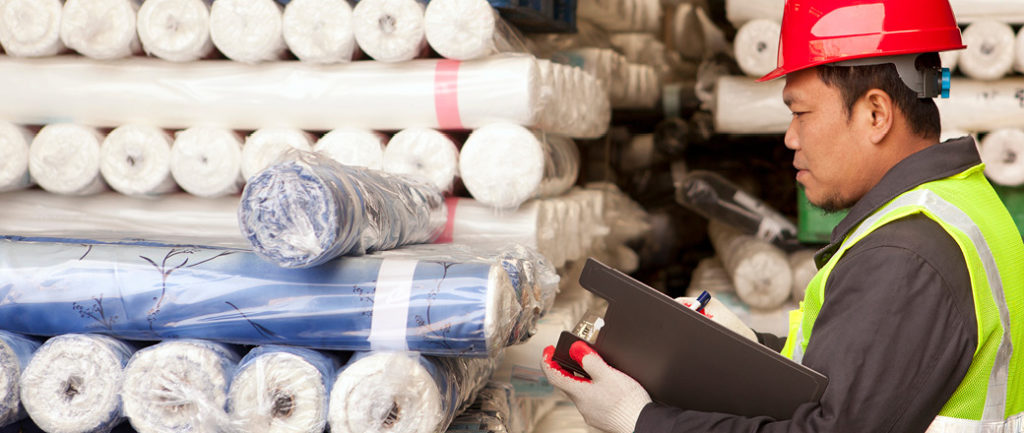Keeping up with ever-changing product safety regulations and standards can be daunting for even the most seasoned supply chain veteran, particularly as companies diversify product offerings and supplier networks.
This blog presents the importance of product safety and compliance, the challenges of corporate product safety programs, and the benefits of automating product safety management.
Why U.S. Product Safety Regulations Matter
It is important to recognize that the importer – not the supplier – is responsible for making certain imported goods comply with applicable safety regulations. While there is no standard safety and compliance process for every shipment coming through U.S. points of entry, Customs and Border Protection agents consistently execute random checks for regulatory compliance.
The U.S. Consumer Product Safety Commission (CPSC) monitors consumer complaints and reviews products to ensure public safety. CPSC recalls about 300 products every year due to safety concerns.
Challenges Importers Face with Safety Programs
- Inefficient processes – Manual processes supported by spreadsheets to track and monitor testing results often lead to difficulty finding the right information in a timely, orderly fashion. Longer resolution times create delays in implementing critical safety improvements and increase the risks to both the consumer and the company.
- Lack of standardization – Safety teams consistently report challenges in implementing and maintaining standardized processes across enterprise and partner networks. This leads to unnecessary labor expenses since testing and compliance activities are laborious to reconcile.
- Difficulty maintaining transparency – Without adequate traceability, there is an increased burden for retailers, brands, and manufacturers to ensure transparency and accountability across all product safety and compliance activities.
6 Benefits of an Automated Product Safety Program
With improved access to data-driven, accurate reporting through automated technology, organizations can reposition product safety management from a cost center to a strategic business initiative with several benefits:
- Optimized operations – Digitizing and automating processes for collection, measurement, and reconciliation of product safety testing and compliance reduces time spent on manual document management and streamlines operational workflows.
- Improved collaboration – A secure, centralized information source for all partners in the organization’s sourcing ecosystem is critical to product safety management. This ensures that all relevant safety information and updates are shared across the network effectively and in real time.
- Reduced costs – Increased visibility and control over compliance processes minimizes manual labor needs, reduces product returns, and protects companies from costly liability settlements.
- Fewer risks – Strategic management of an organization’s risk profile through product safety validation and trading partner compliance reduces downstream issues with vendors, consumers, and governmental agencies.
- Avoid lawsuits – Digitization and automation protects companies from product safety and compliance oversights and minimizes the risk of injury and damage claims due to negligence.
- Better analytics – Automation platforms provide in-depth data analytics and reporting to guide informed product safety management decisions and ensure ongoing regulatory compliance.
Calculate your potential Saving While Using an enterprise TMS
Automate Compliance Processes within TMS
Product safety and compliance are critical in an optimized, sustainable supply chain. As an industry-leading international transportation management service provider, MercuryGate understands this and is extending its capabilities with the acquisition of ClearTrack Information Network.
Download our brochure to learn more about how ClearTrack and MercuryGate can improve your global supply chain management.


